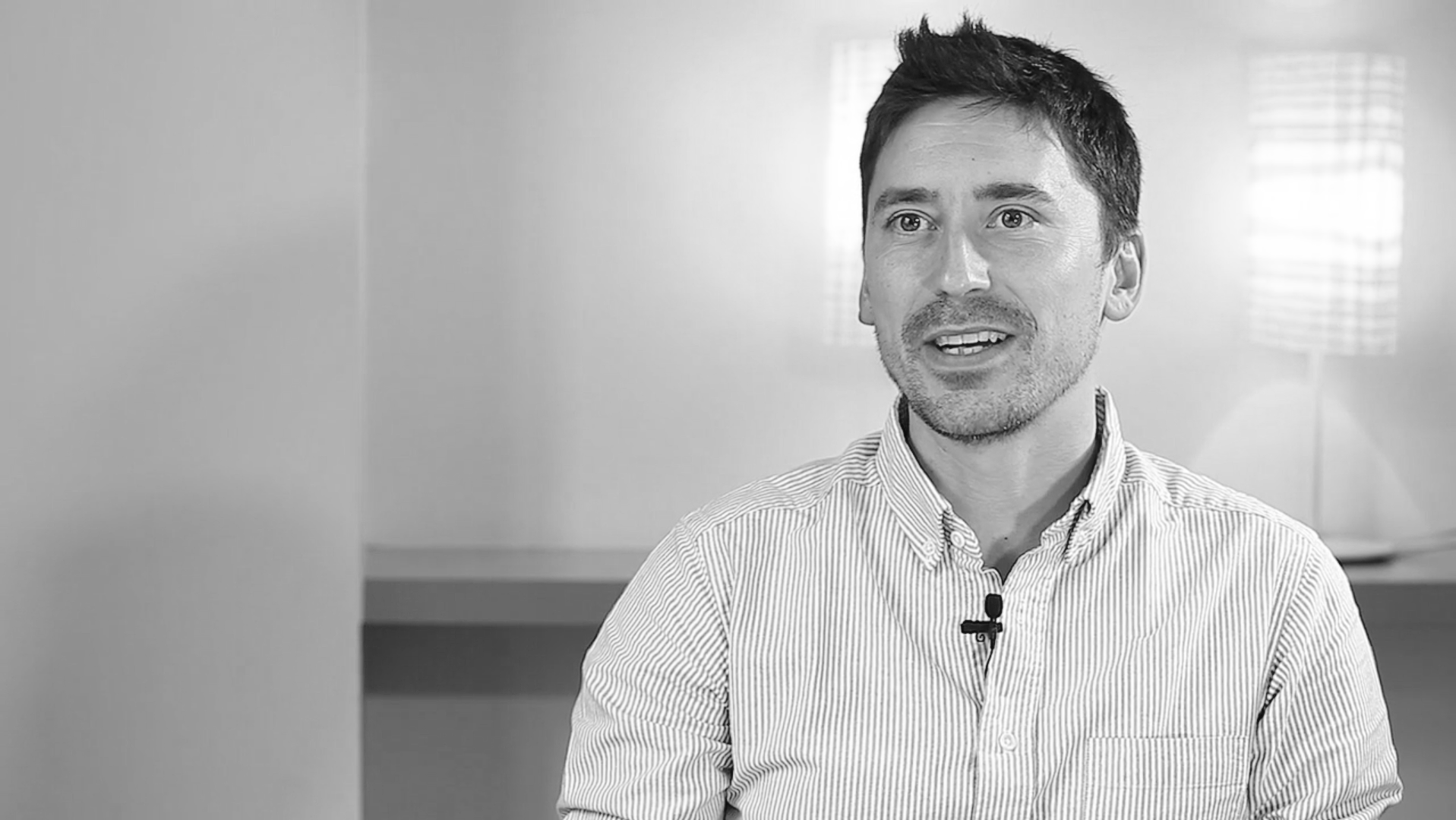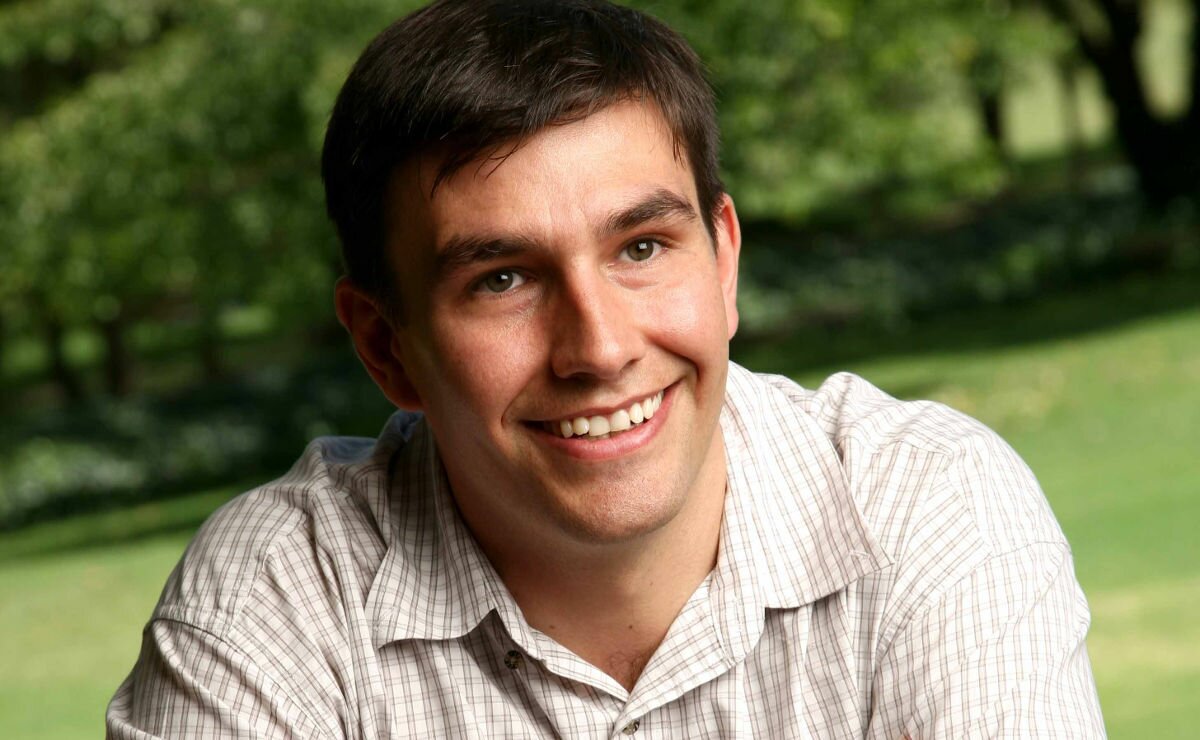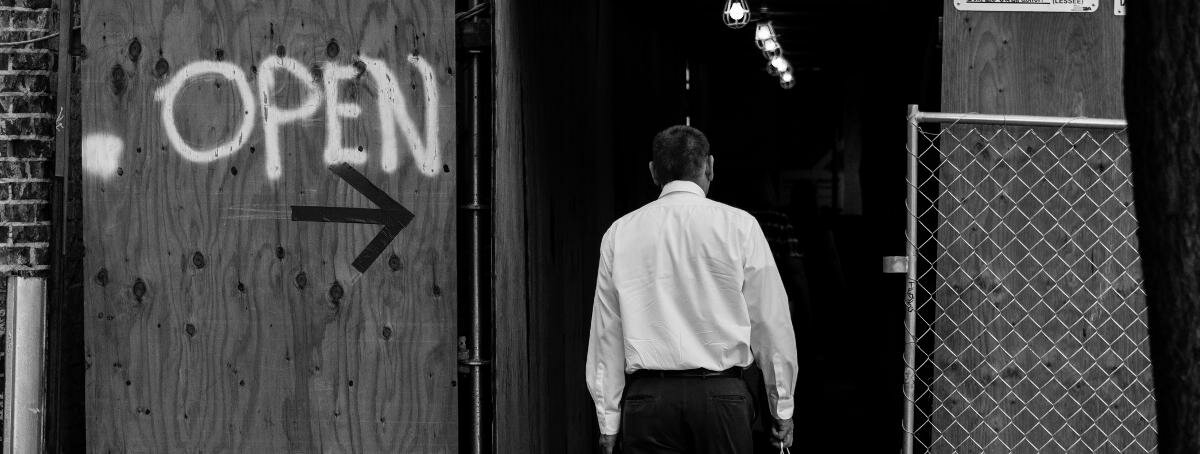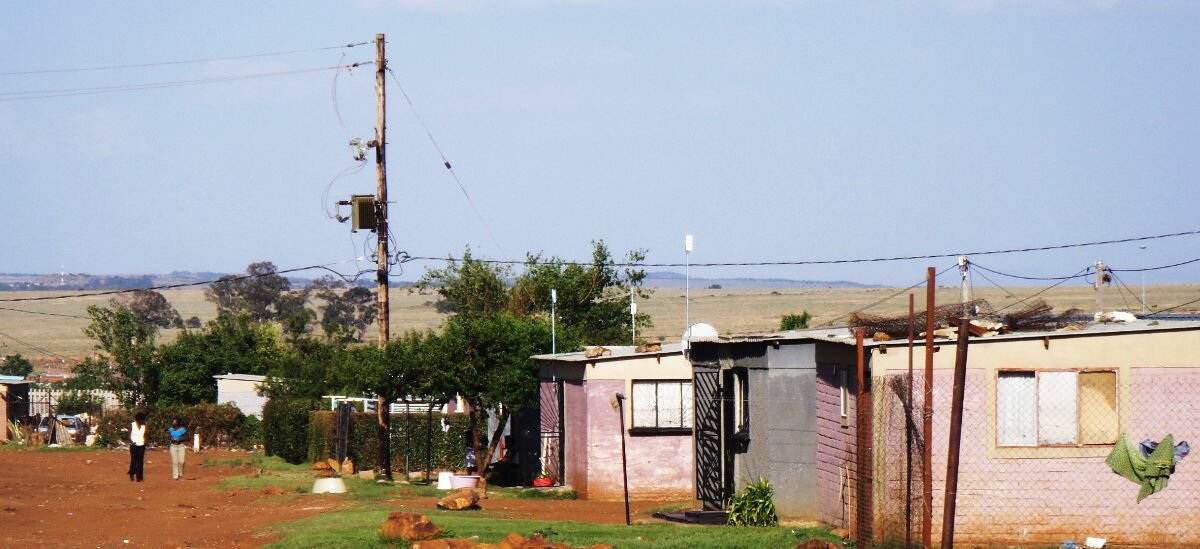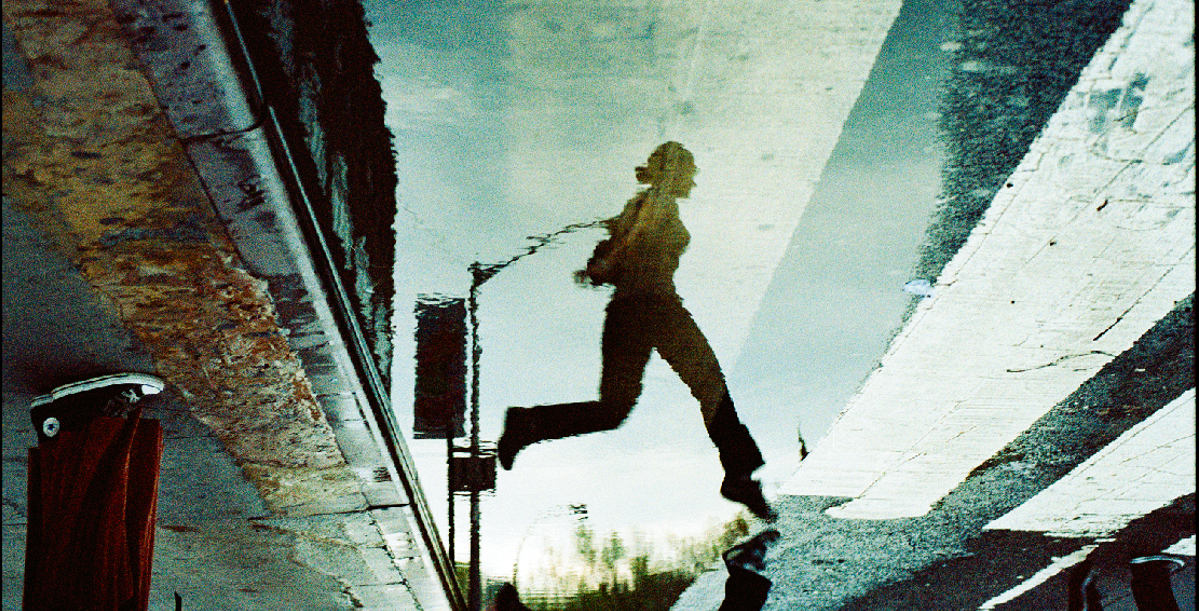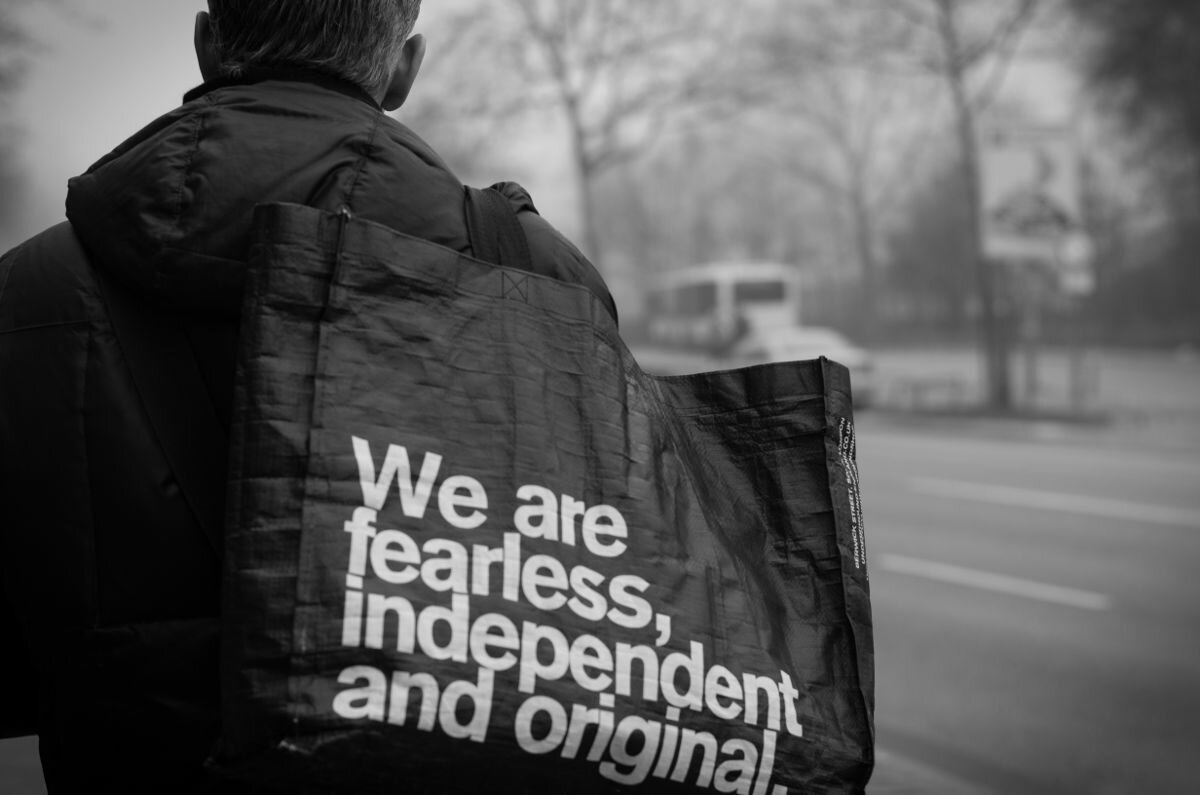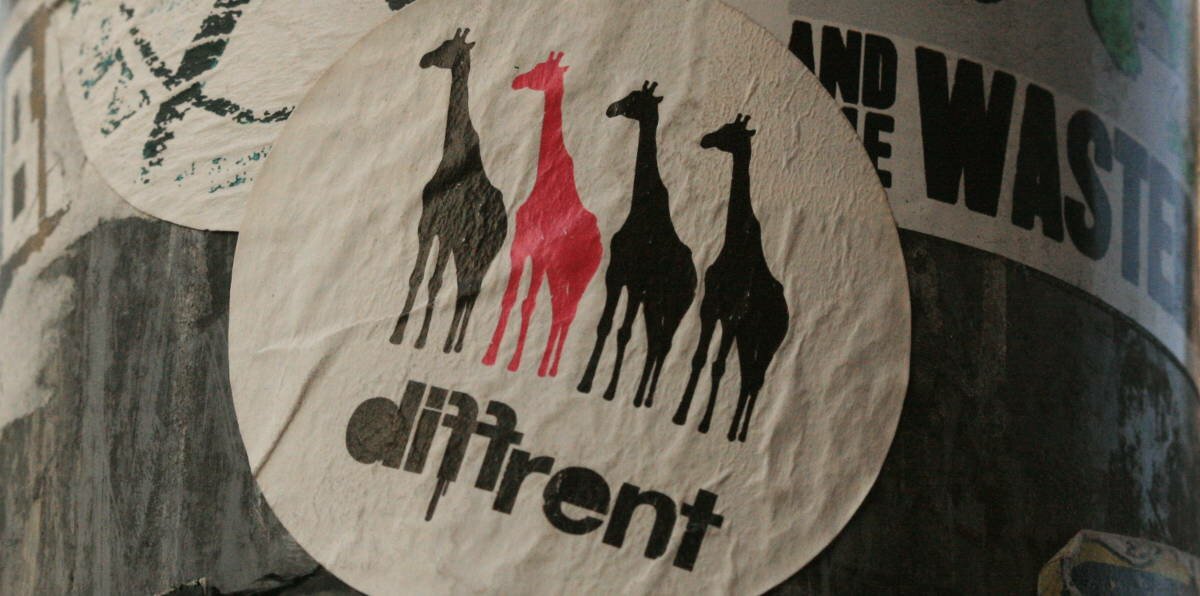We invest in people who have a strong vision and dare to be different!
2017
YEAR IN REVIEW
Early in 2017 we cemented our still new Honorary Steward process through an excellent fellowship selection round with Cory Doctorow. Having now completed a full year cycle of this process, we were excited to make this a more permanent part of how we work. Then we had an unexpected first: we did not award any fellowships in September 2017.
We had such a strong intake of Fellows in March 2017 - 4 Fellows from fields new to us, doing challenging work, driven by visions much larger than their projects.
The September 2017 round brought applications from individuals doing important, valuable, even groundbreaking work. We had the privilege of interviewing dozens of them, getting some insight into their thoughtful and passionate ideas for solving real problems. In the end, however, the applications fell short of our expectations. The strategies were largely reactionary rather than visionary.
It has always been a possibility to select no-one. This fellowship is not made up of quotas, nor do we consider selecting Fellows in itself to be a measure of success. We look for the right person, at the right time, with an idea that challenges convention.
Not finding the right fit got us thinking about success again. Success for us is a long game, not solely in working with our Fellows, but in terms of the fellowship programme itself. Our Alumni's trajectories affirm that often the fellowship is only the beginning. It allows space for them to make a contribution to change, failing and sharing, and creating knowledge resources others can learn from, use and adapt freely along the way. This is true for each individual fellowship, but even more so for the collective. Over time we are starting to see a shift in the ecosystems Fellows have experimented in, with each fellowship being a stepping stone in a much larger pathway. Any new Fellow would have to show potential for making a contribution to something larger than themselves, to the progression of perception and practice in a field.
What does that mean for how we go forward? Reflecting on the world outside of our programme has shown us that there was a global pause, a taking of breath, in the social good community. We were recalibrating our understanding of the world as it is, the future we want and the future we believed we were working towards.
Much like our own approach, funders like Mozilla, Fast Forward, Echoing Green and the newly formed Obama Foundation have embraced this moment to set in motion the next wave of philanthropic funding: Focusing on the contribution brave individuals can make.
This approach requires a certain appetite for risk, letting the implementation of ideas unfold with enough freedom to take advantage of learning and the ever changing landscape. Managing philanthropic funding in the tried and tested way, delivering the same solutions, is creating less and less value for grant-makers and beneficiaries alike. Where registered entities and financial audits were sound builders of trust before, it is time to broaden the understanding of what sound philanthropic investments might look like.
As private philanthropists we have the unique privilege (unlike the public or private sectors) of defining our own measures of success. We have the opportunity to re-imagine our programmes to create space for new solutions to evolve. We can rediscover how to bring about positive change in a world that is now more interconnected and rapidly changing than ever before.
It is people who make the difference, not paperwork or policies. Investing in individuals - who already carry a strong vision for how they can make a positive difference - creates the opportunity to amplify any efforts made, funding given and time spent on these programmes, to have impact well beyond the reach of any one programme. A willingness to approach success as a measure over time, to which we can but make a contribution, allows value to manifest in unexpected ways.
So as we look towards 2018, we are encouraged by the fresh- and forward-thinking energy of the applications for the March 2018. Taking a collective deep breath has us ready for the next wave.
Year in
THINKING
Our year in thinking reflects the pause we took for introspection and the re-commitment we made to articulating our approach to supporting social change.
Philipp Schmidt & P2PU: Community-Driven Learning
He might not admit it, but there’s a slight rebellious streak running through Philipp Schmidt. He’s spent his career questioning conventional wisdom, experimenting with innovative ideas and taking on projects many others would call risky. It’s an attitude that’s served him well. Almost a decade after starting the Peer 2...... >>
Mark Horner and Siyavula: Opening Access to Education
Imagine yourself as a young student from an under-resourced community in South Africa. You are bright, eager to learn and hopeful your education will lead to opportunities for a better life. However, circumstances are against you. Your school and parents struggle to afford the resources you need, and teachers are...... >>
An Open Approach to Funding
“What industries, sectors and domains do you fund?” We hear this a lot. It’s a common question asked of the Shuttleworth Foundation, both by potential investors and potential fellows. Here are three possible responses: Any It doesn’t matter It’s the wrong question Allow us to explain… We are open to...... >>
Telecoms: Our story so far
Having spent many years working in ICT for Development in Africa, Steve Song joined the Foundation in 2008 as one of the first Fellows. He articulated the missed opportunities for users and regulators alike resulting from overpriced data access in emerging economies and made a number of regulatory policy recommendations...... >>
Progress is more than just innovation - The Copenhagen Letter
It is time to take responsibility for the world we are creating. This is the call to action at the Copenhagen letter, published in September 2017, in which a group of tech practitioners start a conversation on the interface between humanity and technology. This letter really resonates with us. It...... >>
Thinking of applying? Do it
This is not an easy Fellowship to get, the process may be simple, but the competition is stiff. Approximately 1% of applicants are offered a fellowship. The personal investment you have to make in contemplating this fellowship is substantial - you have to really, honestly and purposefully think through what...... >>
Thinking of applying? It could be you
When thinking about applying for this fellowship, one of the first questions you might ask yourself is will I get in? Do I fit their profile? Am I who they are looking for? Someone might suggest you apply for a Shuttleworth Fellowship. Even if they are a Fellow, Alum or...... >>
Thinking of applying? Be different
We do not have a list of topics we are interested in funding or a call for proposals around a specific theme. Of course we have a sense of what critical problems could be addressed in the world. But an important part of the openness we practice is being open...... >>
No fellowships awarded for September 2017
While it was a difficult conclusion to come to, we have always been prepared not to offer fellowships if we did not find any applications we felt truly met our criteria. In communicating the decision, we want to be honest, open and transparent in order to find future Fellows we...... >>
Sunil Abraham: Honorary steward September 2017
At the Shuttleworth Foundation we support individuals to bring about positive change in the world. Individuals carry their learnings, experiences, passions and hopes for the future with them throughout their lives. Investing in and supporting them to work on what is broken in their world, equips them to continue to...... >>
Welcome Alasdair, Anasuya, Mad & Tarek
We are delighted to welcome four new Fellows into the Shuttleworth Fellowship Programme: Alasdair Davies, Anasuya Sengupta, Mad Ball and Tarek Loubani. The wonderful Cory Doctorow acted as the Honorary Steward for this round of fellowship, making the final selection from the short-list. In the world, the new cohort brings...... >>
Cory Doctorow selects new Shuttleworth Fellows
“It was an honour and a conundrum to serve as steward: an honour, because (obviously), I was in a position to help some remarkable people do transformative work; a conundrum because we were so spoilt for choice with remarkable projects and people.” For our March 2017 fellowship round we have...... >>
Year in
PEOPLE
Together with our Fellows we focus our support on ecosystems where openness can make a substantial difference in creating a more equitable world. Move your mouse cursor over a Fellow or an area of focus for a breakdown.
